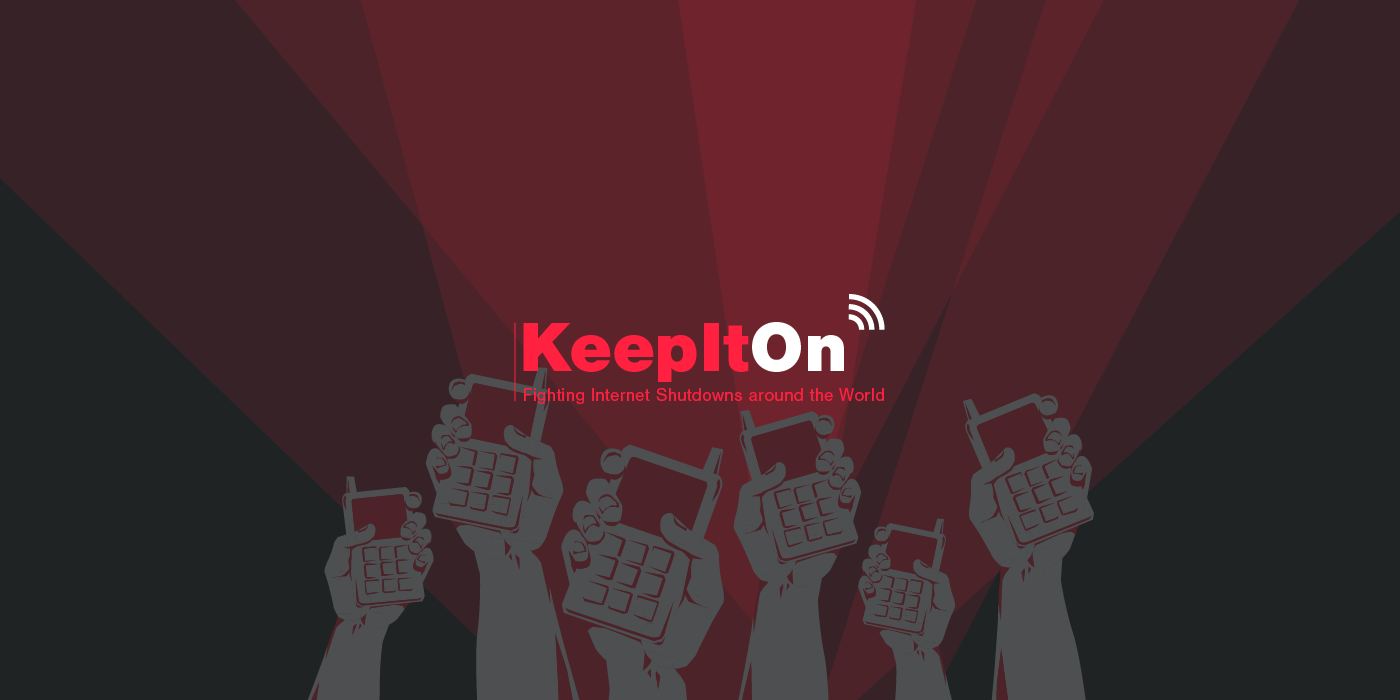UPDATE 2/24/2016: The Uganda Communications Commission stated in a Facebook post on Tuesday that the blocking order comported with the Uganda Communications Act, and wrote “We truly regret the inconvenience all of you might have suffered.” This guarded apology is a thinly veiled admission that the UCC went too far, and marks a step towards the government’s duty to provide a remedy under the U.N. Guiding Principles on Business and Human Rights. We believe President Museveni should apologize for the blocking order and provide effective remedies for affected users, including small business owners impacted by the shutdown of mobile money services. Finally, despite the UCC’s claims, this action did not comport with international law nor with the government of Uganda’s obligations to uphold freedom of expression.
Last week, as the people of Uganda headed to the polls for its presidential election, the government cut off internet services — including Facebook and Twitter — for four days. The reason? MTN Uganda confirmed that the shutdown order, issued by the Uganda Communications Commission, was purportedly to block services “due to a threat to Public Order & Safety.” Other telcos, including Airtel, Smile, Vodafone, and Africel, were also asked to cut off services, and complied.
President Yoweri Museveni, who was seeking re-election, later explained that he had issued the order “because some people use those pathways for telling lies.” A second rationale offered for the shutdown, which included cutting access not only to social media but also mobile money services, was that it would prevent people from offering or taking bribes. Notably, during the voting, opposition candidate Kizza Besigye was confined to house arrest, and President Museveni has now been re-elected to office.
This is an election that observers did not consider free or fair. At Access Now, we are deeply concerned about the shutdown, which directly interfered with citizens’ fundamental right to seek and impart information during the election.
Today, we delivered a joint letter from 23 Ugandan, African, and international organizations to authorities at the African Union and the United Nations, among others, calling for action on the four-day internet shutdown. The letter includes a call for the government to provide redress for those affected by the shutdown; for an investigation of such shutdowns to be conducted; and for the United Nations to pass a resolution declaring that shutdowns are a violation of human rights. You can read it here.
In the the letter, the coalition states:
Research shows that internet shutdowns and state violence go hand in hand. Shutdowns disrupt the free flow of information and create a cover of darkness that allows state repression to occur without scrutiny. Worryingly, Uganda has joined an alarming global trend of government-mandated shutdowns during elections, a practice that many African Union member governments have recently adopted, including: Burundi, Congo-Brazzaville, Egypt, Sudan, the Central African Republic, Niger, Democratic Republic of Congo.
Internet shutdowns — with governments ordering the suspension or throttling of entire networks, often during elections or public protests — must never be allowed to become the new normal. Justified for public safety purposes, shutdowns instead cut off access to vital information, e-financing, and emergency services, plunging whole societies into fear and destabilizing the internet’s power to support small business livelihoods and drive economic development… Uganda’s shutdown occurred as more than 25 African Union member countries are preparing to conduct presidential, local, general or parliamentary elections.
The letter specifically asks for authorities to:
- call upon the Ugandan government to provide redress to victims of the internet shutdown, and pledge not to issue similar orders in the future;
- call on African states to uphold their human rights obligations, and not to take disproportionate responses like issuing shutdown orders, especially during sensitive moments like elections;
- investigate shutdowns, in their various forms, in order to produce public reports that examine this alarming trend and its impact on human rights, and make recommendations to governments and companies on how to prevent future disruptions;
- encourage telecommunications and internet services providers to respect human rights and resist unlawful orders to violate user rights, including through public disclosures and transparency reports;
- encourage the African Commission on People’s and Human Rights, the United Nations Human Rights Council, and the U.N. General Assembly to resolve that internet shutdowns violate freedom of expression per se and without legal justification.
The letter was signed by Access Now, Association for Progressive Communications (APC), African Centre for Democracy and Human Rights Studies (ACDHRS), Article 19 East Africa, Chapter Four Uganda, CIPESA, CIVICUS, Committee to Protect Journalists, DefendDefenders (The East and Horn of Africa Human Rights Defenders Project), Electronic Frontier Foundation, Global Partners Digital, Hivos East Africa, Index on Censorship, ifreedom Uganda, Integrating Livelihoods thru Communication Information Technology (ILICIT Africa), International Commission of Jurists, ISOC Uganda, Kenya, KICTANet, Media Rights Agenda, the African Media Initiative (AMI), Unwanted Witness, Web We Want Foundation, Women of Uganda Network (WOUGNET), and the Zimbabwe Human Rights NGO Forum.
Help us fight internet shutdowns
Internet shutdowns do not restore order, protect rights, or keep people safe. They are a blunt instrument that should never be wielded by a democratic regime that protects human rights. We’ll be stepping up our fight against internet shutdowns in 2016. To stay updated and find out how you can join the fight, follow us on Facebook or Twitter, and subscribe to our newsletter.
